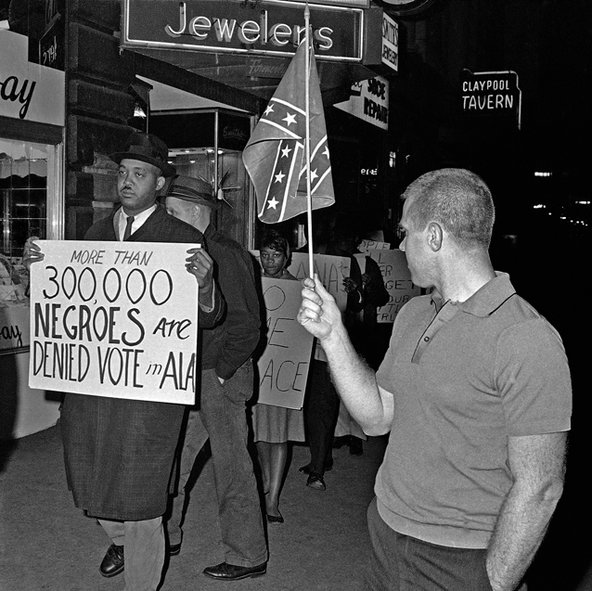
Article 12, Mississippi State Constitution (1890):
Sec. 243. A uniform poll tax of two dollars, to be used in aid of the common schools, and for no other purpose, is hereby imposed on every male inhabitant of this State between the ages of twenty-one and sixty years, except persons who are deaf and dumb or blind, or who are maimed by loss of hand or foot; said tax to be a lien only upon taxable property. The board of supervisors of any county may, for the purpose of aiding the common schools in that county, increase the poll tax in said county, but in no case shall the entire poll tax exceed in any one year three dollars on each poll. No criminal proceedings shall be allowed to enforce the collection of the poll tax.
Sec. 244. On and after the first day of January, A. D., 1892, every elector shall, in addition to the foregoing qualifications, be able to read any section of the constitution of this State; or he shall be able to understand the same when read to him, or give a reasonable interpretation thereof. A new registration shall be made before the next ensuing election after January the first, A.D., 1892.

